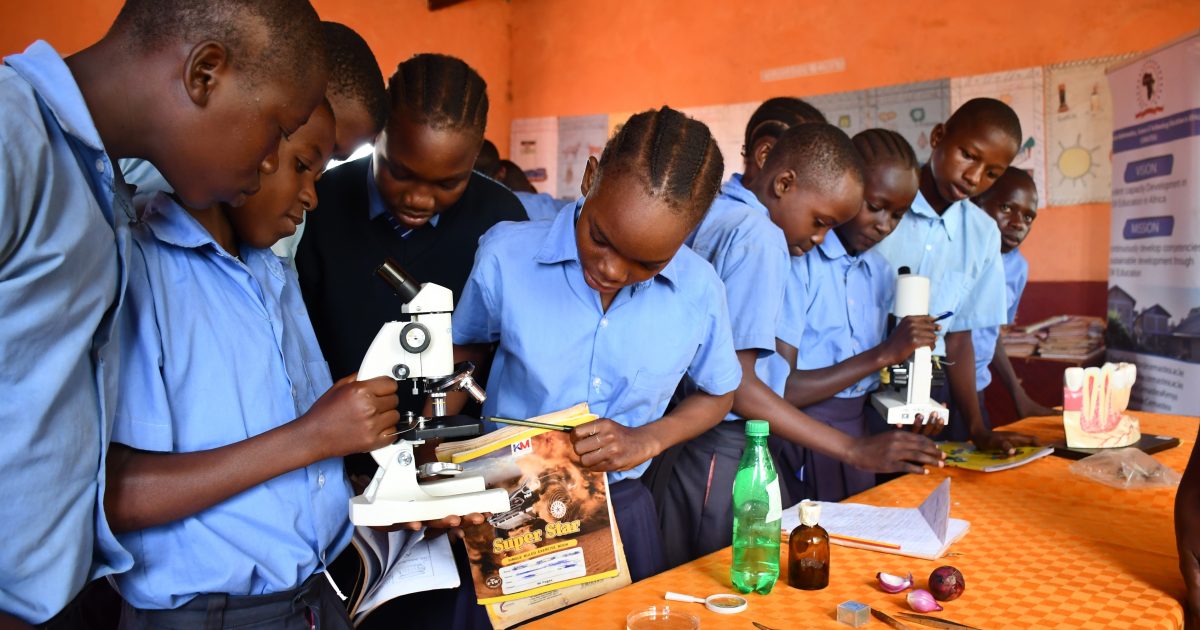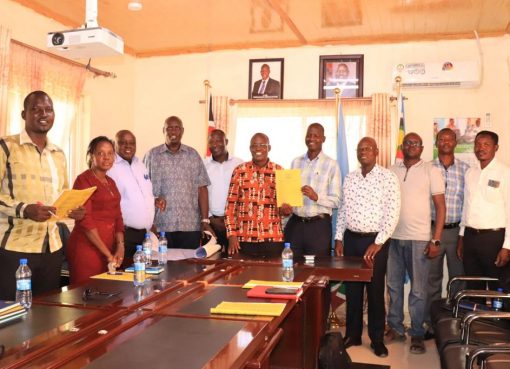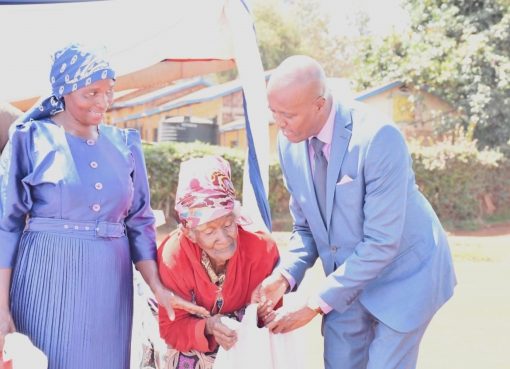Education agency Centre for Mathematics, Science, and Technology Education in Africa (CEMASTEA) has conducted an outreach programme aimed at motivating learners to embrace the Science, Technology, Engineering, and Mathematics (STEM) education in Kilifi County.
The four-day STEM Mentorship and Outreach Programme, which took place at Kachororoni, Gandini, Pingilikani and Magogoni Junior schools is part of efforts to increase the uptake of science subjects which have historically seen low pass rates.
The Programme Coordinator Beatrice Macharia speaking during the STEM outreach at Gandini Junior School in Malindi Sub County said that the programme has provided hands-on learning experiences, mentorship, and exposure that will motivate students to love sciences.
CEMASTEA officials, equipped with computers, laboratory equipment and other innovative materials engaged learners and teachers in practical learning activities to inspire and equip the junior school learners with the skills and knowledge necessary to excel in STEM fields.
Macharia disclosed that CEMASTEA initiative will go a long way to cultivating an innovative generation of learners poised to drive technological advancement and development in the country.
“This is a very good programme because we showcase to learners and even teachers’ innovative activities that can enhance the teaching and learning of STEM-related areas. We showcase activities in mathematics, innovative activities in integrated science, ICT,” she said.
Macharia disclosed that CEMASTEA developed innovative teaching and learning materials to promote the uptake of science education to support the 60% transition of learners to STEM pathway in Senior School.
“Our activities emphasize hands-on activities, allowing learners to interact with materials so that they can become creative by themselves. We are saying, don’t tell learners, let learners do,” she added.
She called for collaboration and partnerships to work together and offer support to make progress towards the strengthening of STEM education.
Junior School head teachers and education officials in Kilifi applauded the CEMESTEA initiative, expressing their hope that it will motivate and encourage learners to take up the STEM subjects and foster a strong tech generation that will contribute to innovation and solving of problems facing the world.
Ganze Sub-County Director of Education, Rashid Hamisi while speaking at Kachororoni Junior School, said the STEM programme had sparked curiosity and interest amongst the students. He noted that the initiative holds great promise in encouraging more learners to embrace the sciences.
Hamisi commended the programme for not only considering the learners but also the teachers in the outreach efforts, emphasising that this involvement would enhance their teaching methods, making learning more practical and complementing the Competency-Based Curriculum (CBC).
“It has been very interesting. I have witnessed JS students enjoying and appreciating the programme. It is interactive. Feedback from the teachers indicates that they have learned a lot, as the programme is packed with practical activities, creativity, and innovation, making it learner-centered,” he said.
The sub-county director urged the education agency to extend the duration of the STEM outreach and expand its coverage to more schools to make a significant impact.
Headteachers of the host schools, led by Kachororoni head teacher Susan Chome, noted that many schools lack practical learning opportunities in integrated science and mathematics and would rely heavily on the CEMASTEA programme to bridge this gap.
“It is my appeal that in future the government will have the STEM programme in various stations in our sub-counties or some schools like now if my school could be the centre of CEMESTEA in Ganze sub-county it could enhance performance,” she added.
Gandini Junior School headteacher Ellen Mwaringa echoed these sentiments, stating that learners are eager for materials and equipment to learn STEM subjects. She challenged CEMASTEA officials to lobby for resources, equip teachers, and make the STEM outreach a regular event to motivate students.
By Jackson Msanzu




